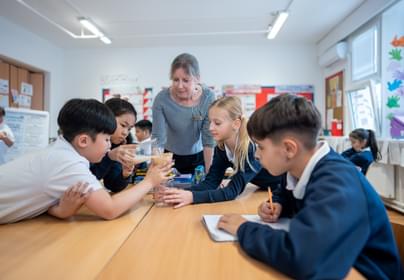Having an only child during this pandemic does not mean you need to fill your child’s time to prevent them from feeling lonely. Most only children are pretty good at filling the extra time without constant parental input. If your child isn’t the best at independence and needs you to be more attentive, be mindful that their need for attention likely has more to do with their nature than their sibling-less status.
Only children especially are feeling what parents are feeling. They are seeing your reaction a bit more because they are not being distracted by a sibling. How a parent copes is how an only child is likely to cope. Along the way, remind them that you are also social distancing. Describe how you miss your friends, colleagues and routines. Make them understand that it is not just them feeling different in this situation.
Parents of an only child tend to do too much of what an only child could or should be doing. Use social distancing as a way to give your only child more responsibility. Put them in charge of chores around the house – laundry, making dinner, hoovering the living room, feeding the dog, etc. This serves as a reminder that your only child is part of the family and does not need to be the centre of attention at all times – even during such difficult periods.
A key thing to remember is that social distancing doesn’t mean social isolation. Explain to your only child that social distancing doesn’t mean they can’t talk to and play with their friends remotely. It is important that they engage with someone who is willing to listen and be present. Organise video calls with your only child’s friends and family. Play games online or have special virtual meals with your child’s friends or family!
The news can be frightening for adults, let alone children. It is especially important to limit news consumption for an only child because they have fewer distraction to occupy their minds. This does not however mean that you should shelter your child from all news, it is important to talk through events with them so that they understand instead of fear what is happening.
This is an optimal time to learn a new skill and build routines. Start a new habit by cooking or baking, exploring recipes, or learning to sew, knit, build forts – whatever your child may be interested in. During these moments together, you are building your child’s memory bank, and you certainly want to build in positive memories.



